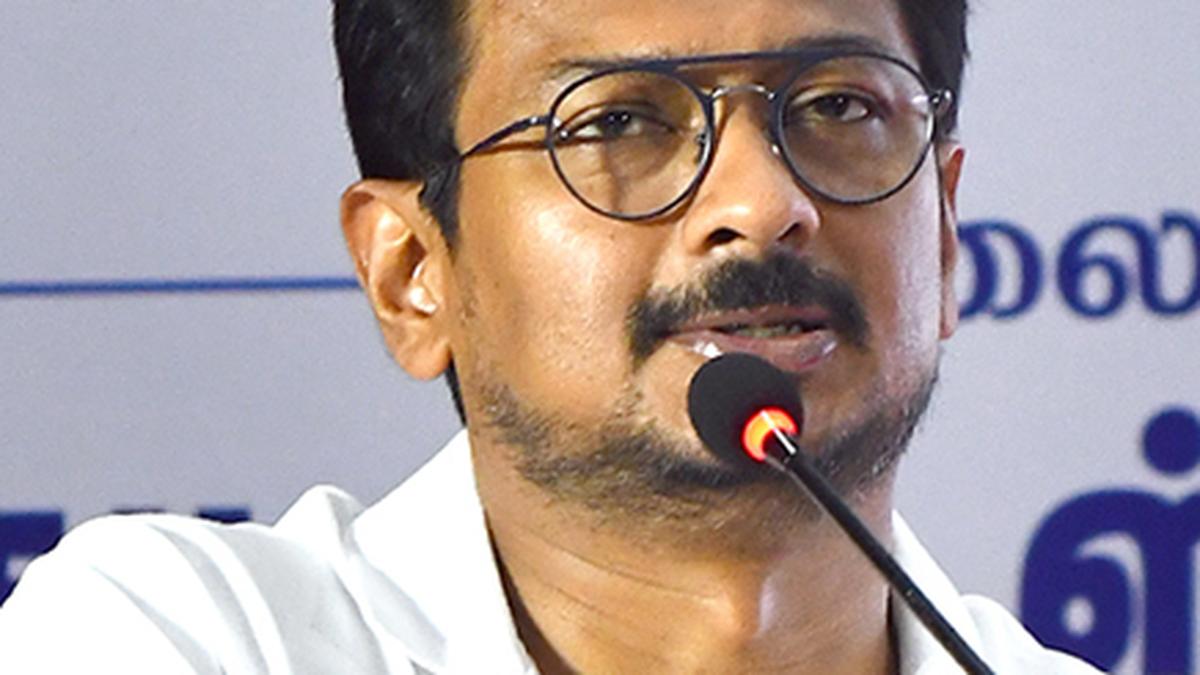ARTICLE AD BOX
 Bhagta Nagla village head, Shanti Devi, and her husband Ramdas said the village has around 2,500 residents, mostly Yadav families, along with some Muslim households and a few Brahmin families. (Representational Image: Social media)
Bhagta Nagla village head, Shanti Devi, and her husband Ramdas said the village has around 2,500 residents, mostly Yadav families, along with some Muslim households and a few Brahmin families. (Representational Image: Social media)
In a unique tradition, Bhagta Nagla village in Sambhal district has not performed ‘Shradh’ rituals for over 100 years and even Brahmins and beggars don’t enter the village during the fortnight of ancestor offerings in ‘Pitra Paksh’.
Residents of the village in Gunnaur tehsil, dominated by Yadav families, said that during the pitra paksh period, no shradh ceremonies are held and no Brahmins are invited for ritual offerings. Even beggars do not enter the village as no alms are given during these days.
Villagers trace the tradition to a century-old incident when a Brahmin woman, who had come to perform post-death rituals, was forced to stay back due to heavy rains. Days later, upon her return to her home, her husband accused her of misconduct and drove her out. Upset, the woman returned to the village, blaming the incident on her visit and warning that any future shradh performed there would bring misfortune.
Treating her words as a curse, the villagers stopped conducting shradh rituals, a practice that continues to this day.
Bhagta Nagla village head, Shanti Devi, and her husband Ramdas said the village has around 2,500 residents, mostly Yadav families, along with some Muslim households and a few Brahmin families.
“Our elders stopped performing shradh after that incident. We follow their belief and continue the tradition. Even beggars avoid the village during this period,” Ramdas said.
Hetram Singh (62), a resident of the village, recalled that whenever someone tried to break the tradition in the past, unfortunate incidents such as the deaths of children or livestock followed, reinforcing people’s fear.
Story continues below this ad
Ramphal (69), another local, said that except during the shradh fortnight, Brahmins continue to visit the village to perform weddings and other rituals.
“But during these 15 days, even the local Brahmin families do not participate in any ceremonies,” he said.



.png)
.png)
.png)





















 English (US) ·
English (US) ·